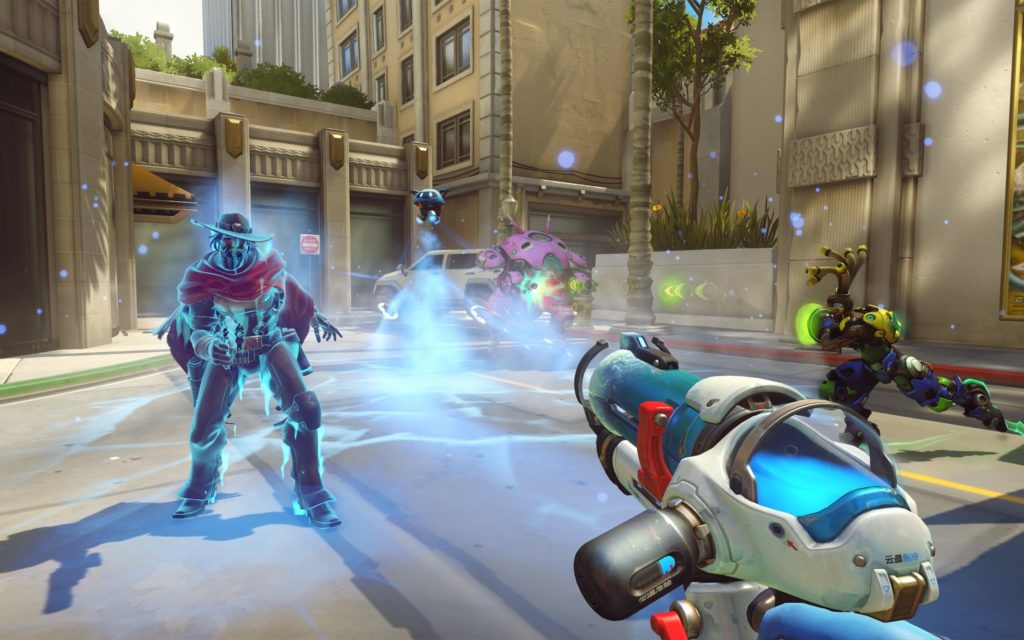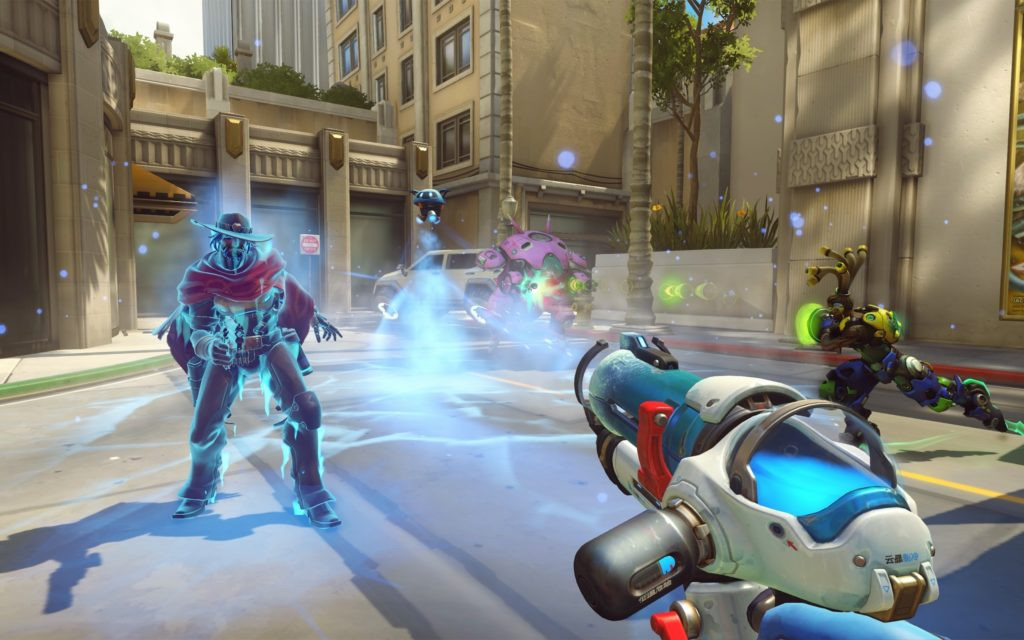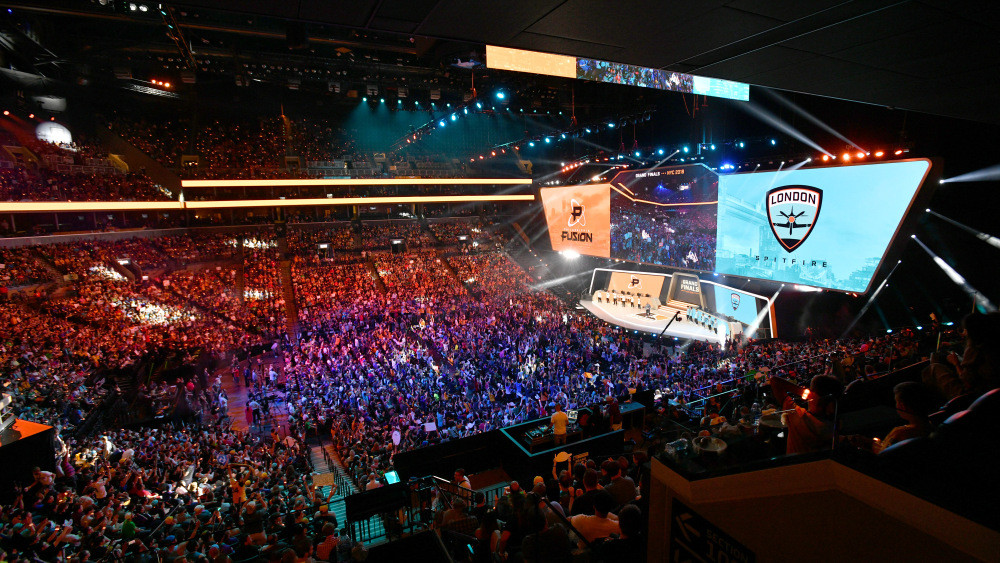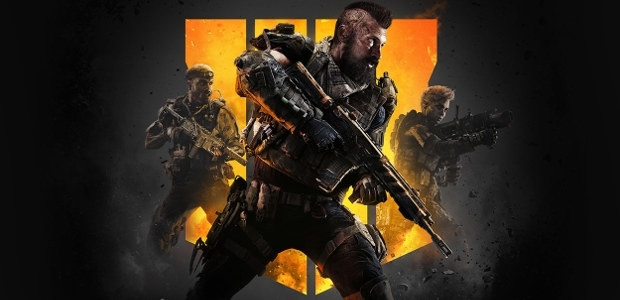

According to Schreier’s reporting, Blizzard cancelled the title to divert staff and resources to Diablo 4 and Overwatch 2. While much of Diablo 4 has been discussed, especially given the fiasco surrounding that franchise’s mobile spinoff at Blizzcon, Overwatch 2 remains a surprise to many – perhaps in part because it may not be a necessary sequel.
In 2016, the original Overwatch launched to unanimous critical acclaim and impressive commercial success. Its launch defined a new sub genre of “Hero Shooterâ€, as fans flocked to the title for its Pixar inspired art style, vibrant colours and arguably one of the most beloved character rosters seen in decades.
It was seen not just as a shooter, but a Blizzard shooter – as if the company’s own history of excellence acted as recommendation and endorsement enough. Even today, the Overwatch league brings in huge crowds, and the game still continues to offer seasonal content for the thousands and thousands of players that appreciate it as an experience with no real equal or analog. There have been imitators, but none have combined Blizzard’s flair for character with that elusive “game-feel†that separates double-A and triple-A titles so often.

So why does Overwatch need a sequel? In this writer’s humble opinion, it simply doesn’t. Overwatch launched with twenty one unique heroes, all capable of coalescing with the right team to form an unstoppable fighting unit. The balancing required in such circumstances defies belief, especially when considering the ten additional characters that have been released for free. For the most part Overwatch is the definition of a game as a service – a title players return to regularly to experience new characters, maps, or modes. To drop that for a sequel risks walking into the Destiny 2 trap of launching a sequel that simply cannot stack up to the sheer volume of content the prior game offered after expansions and DLC.
Overwatch’s other legacy is in its micro transactions, the way in which it popularised loot boxes. While this clearly is a huge income for Blizzard, how would these move to a sequel? Many players have spent hundreds of hours, or worse, hundreds of dollars on skins and emotes for their characters which allows them to take ownership of their favourite heroes.
Of course, there is a more concerning and deeper lying issue of this demand for a sequel. Reports have suggested that Activision’s influence within Blizzard is beginning to spread, and that the push for another title in the fledgling franchise is a result of the kind of overreaching that bought about the death of Guitar Hero, Crash Bandicoot (prior to the remaster), Skylanders and Tony Hawk franchises. What makes Blizzard games special is that releases feel like an event, events that (discounting Diablo 3’s troublesome launch) remain truly special to gamers the world over. After Overwatch 2, who’s to say there won’t be an Overwatch 3 shortly after?
Imagine Overwatch becoming an annualised franchise such as Call of Duty, another franchise gamers look back on as “used to be really good†while their disdain grows with every subsequent release. Gamers don’t dislike Call of Duty because it’s a bad game (too much is invested and too few risks are taken for it to be anything other than “goodâ€) – gamers dislike Call of Duty because it’s shoved down their throats annually.

While it could be the case that Overwatch is in development for a new generation of consoles, and this could be the justification for a full-priced sequel, everything we understand about the next PlayStation and Xbox are that they are to be backwards compatible. At no point does Overwatch look dated or run poorly, testament not only to the game’s evergreen art style but also to Blizzard’s continued technical wizardry. If recent leaks about a Switch port hold any truth, then many people will be able to jump in and try the game for the first time, presumably with DLC included.
One of the persistent rumours about a possible sequel is the addition of PvE content, presumably tying into the franchise’s deep lore base. For a title so laser focused on its excellent multiplayer site, this feels like an unnecessary risk – although Blizzard has experimented with forms of this in seasonal events. This dabbling produced fun modes, sure, but how much of that is sustainable when people buy into Overwatch’s multiplayer. This isn’t a Black Ops 4 scenario where single-player was removed, this is the case of a multiplayer title getting a new PVE mode that takes development time away from the core experience.
In fairness, this article is entirely a hot-take – Blizzard is and always has been a studio that surprises and delights in equal measure, but something about Overwatch receiving a sequel when it exists as a paragon of an ongoing service feels wrong. Something tells me we’ll hear more before long.